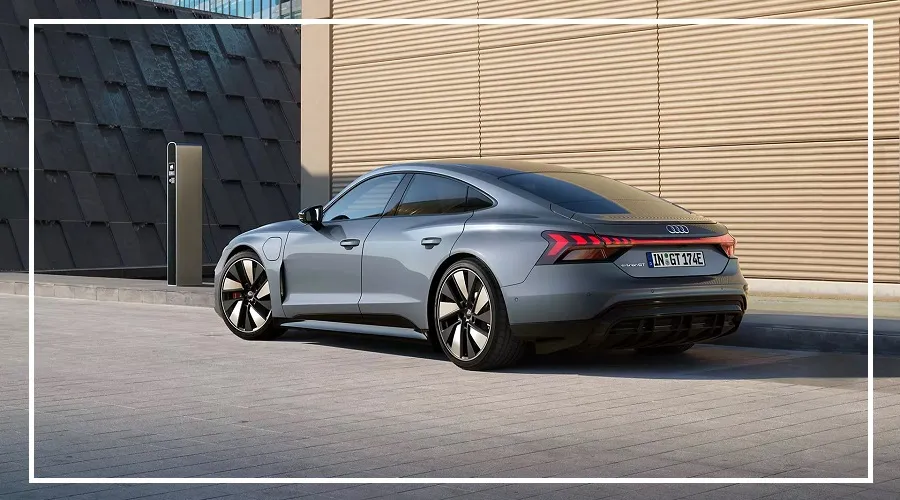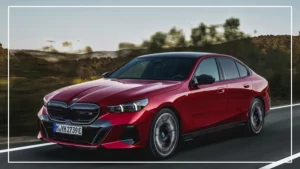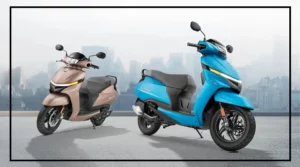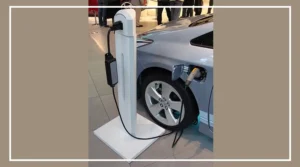Union Minister Nitin Gadkari has highlighted that India’s shift to clean energy isn’t just about protecting the environment — it’s also vital for the economy.
India currently spends nearly ₹22 lakh crore every year on fuel imports, and reducing this dependency through electric vehicles (EVs) and renewable energy is crucial for sustainable growth.
EV Revolution Closer Than Ever
Gadkari made a big announcement that could change India’s auto landscape.
“Within the next 4 to 6 months, the cost of electric vehicles will be equal to that of petrol vehicles,” he said.
This move toward price parity has been the biggest barrier to mass EV adoption in India.
Once EVs become as affordable as petrol cars, demand is expected to surge, boosting investments in charging infrastructure and cutting down carbon emissions.
Gadkari also shared his vision to make India the world’s largest automobile industry within the next five years.
When he took office, the sector’s value stood at ₹14 lakh crore; today, it’s grown to ₹22 lakh crore, placing India just behind the U.S. and China in the global market.
Turning Waste into Wealth and Supporting Farmers
The minister praised India’s biofuel initiatives, noting that farmers have earned an extra ₹45,000 crore by producing ethanol from corn.
He also announced plans to use all segregated solid waste for road construction by 2027, a step that will turn waste into valuable material while promoting eco-friendly infrastructure.
Education and Skills for a Greener Tomorrow
Gadkari stressed that education and innovation will play a major role in building a sustainable future.
India has a vast pool of young talent, but institutions must focus on practical training and technology-driven education to prepare students for new opportunities in clean mobility, biofuels, and green technologies.
By combining innovation, sustainability, and skill development, India can move toward a cleaner economy while creating jobs and reducing its carbon footprint.
























